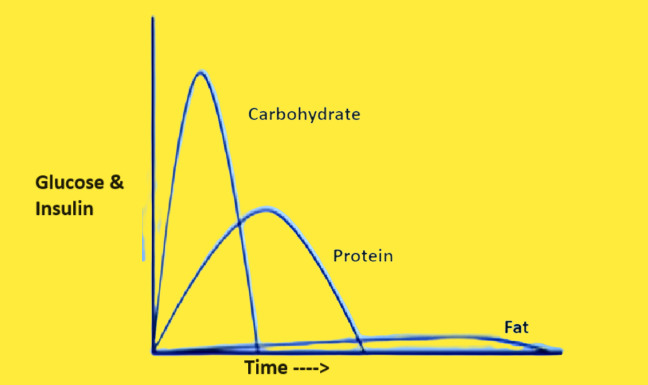Table of Contents
Obesity and Insulin Resistance
You may not realize this, but obese individuals often feel ashamed and face discrimination. It’s crucial to understand that obesity is a disease unrelated to an individual’s character. It’s a hormonal condition involving various hormones. One of the key hormones in obesity is insulin. Would you like to explore how insulin impact body weight and results in type 2 diabetes? Read the following article and learn more about obesity and diabetes and how to manage diabetes.
The Role of Insulin Resistance in Obesity and Diabetes
People with obesity often develop a resistance to the hormone insulin? But what does it mean to be resistant to insulin? It’s actually a precursor to diabetes. Insulin’s main job is to move glucose, or blood sugar, into cells where it’s used for energy. However, in people with insulin resistance, glucose has trouble entering cells, causing levels to rise in the bloodstream. To compensate, the blood produces more insulin. Over time, this can lead to type 2 diabetes.
Insulin Resistance: A Precursor to Diabetes
Many people have elevated levels of blood insulin without realizing it until they’re diagnosed? Insulin resistance is a major cause of type 2 diabetes. Interestingly, insulin is also responsible for the feeling of hunger and the storage of food as fat. In simple terms, insulin is often called the fat storage hormone.

How Insulin Resistance is Responsible for Obesity and Type 2 Diabetes?
Everything that you eat, whether it’s carbohydrates, proteins, or fats, has a different effect on insulin levels in the body. When carbohydrates are consumed, insulin and glucose levels spike up rapidly. With proteins, the effect is moderate. However, when you eat fats, there is essentially no significant impact on insulin and glucose levels. The above graph shows the impact of carbohydrates, proteins and fats on insulin and glucose spike.
Now, imagine a real-life situation where you eat a lot of fast food at a restaurant. Initially, your stomach feels full, but within an hour, you start feeling hungry again. Why does this happen? It’s because the carbohydrates in junk food raise the levels of blood glucose and insulin. This, in turn, triggers hunger, fat storage, and cravings.
The million-dollar question is, how should people with insulin resistance be advised to eat? The general recommendation for type 2 diabetes is to consume 40 to 65 grams of carbohydrates per meal. This amount of carbohydrate can cause insulin and blood sugar levels to rise. Despite this, doctors still recommend consuming carbohydrates, which are the real culprits. It may sound crazy, but that’s the reality. Additionally, health consultants say that to combat the effect of medicine, you should eat carbohydrates in your diet. This is absolutely crazy.
Type 2 Diabetes due to Insulin Resistance can be Reversed
You would be surprised to know that your body’s carbohydrate requirement is literally zero. It is hard to believe, but it is true. Look at this in a scientific way – you have heard of essential amino acids and essential fatty acids, but no essential carbohydrates, right? There is a process called gluconeogenesis where glucose is formed from sources other than carbohydrates, such as proteins and fats. Even if you don’t consume carbohydrates, your body is still capable of making glucose from proteins and fats. So, carbohydrate intake should be considered as a minority and proteins and fats should be considered as the majority in your diet.
When you decrease your carbohydrate intake, your blood glucose levels decrease, requiring less insulin. Consequently, insulin levels drop. According to scientific survey data, the single biggest risk factor for coronary artery disease is insulin resistance, accounting for a whopping 42% of heart attacks.
Diet for Insulin Resistance
There are certain practical rules that you need to keep in mind while buying food from the grocery store:
- If the package says low-fat, or fat-free meal – don’t buy
- Eat natural and home cooked food
- Avoid eating things you don’t like
- Eat only when you feel hungry
- NO GPS – no grains, potatoes, or sugar
Conclusion
Understanding insulin resistance’s role in obesity and type 2 diabetes is crucial. Obesity, often misunderstood, can lead to discrimination. It’s a hormonal condition, with insulin playing a key role. Insulin resistance, a precursor to diabetes, occurs when cells struggle to use glucose, leading to increased insulin production and eventual diabetes. By reducing carbohydrate intake and focusing on natural, home-cooked foods, individuals can potentially reverse type 2 diabetes.